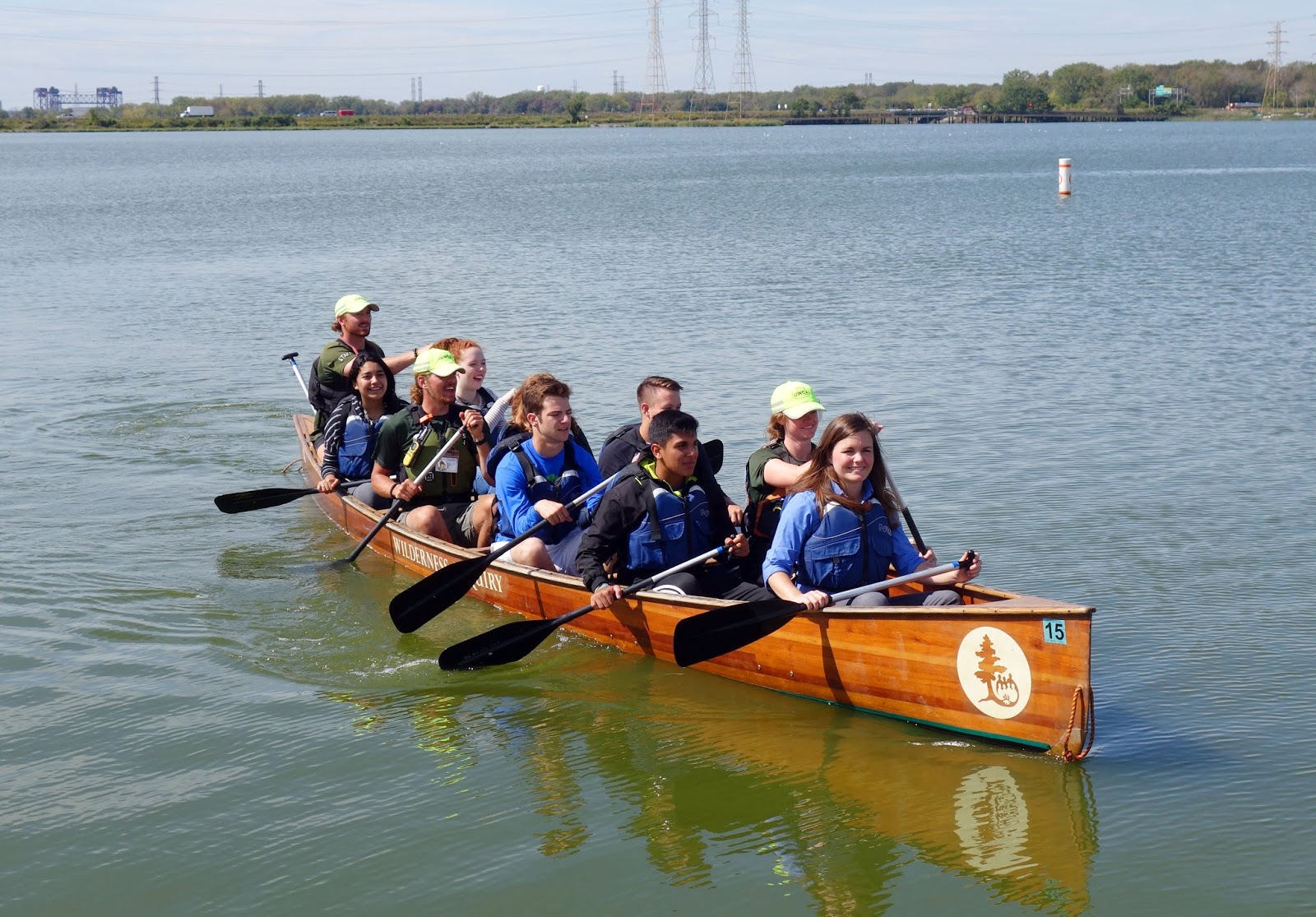Scientists from Central Michigan University’s Institute for Great Lakes Research (IGLR) are expanding their basin-wide Great Lakes coastal wetlands monitoring program with help from grant funding from the U.S. Fish and Wildlife Service and the Wisconsin and Illinois-Indiana Sea Grant programs. The program is one part of a collaborative project that brings together researchers from IGLR, Notre Dame, and the University of Wisconsin-Green Bay. The results will help natural resource managers better target protection and restoration efforts.
From the Midland Daily News:
They also will be able to help assess the importance of coastal wetlands as they relate to the food web of the Great Lakes ecosystem by studying otoliths, or fish ear bones, to determine where fish are obtaining energy for growth.
Otoliths grow daily, similar to rings found in the trunk of a tree. With the use of a precise laser beam, IGLR researchers can sample the chemical composition of targeted areas of the otoliths and relate this “chemical fingerprint” to specific coastal wetlands, even when fish are caught in the open water of the Great Lakes, far from any wetlands.
It is hoped that this research will result in a long-term, sustainable monitoring program aimed at restoring and protecting Great Lakes coastal wetlands, which provide a critical habitat for many species of birds, mammals, reptiles and amphibians, and an essential spawning and nursery habitat for many fish species of ecological and economical importance to Michigan’s $7.5 billion commercial and sports fishing industry.
The research project is one of three awarded a combined total of $380,000 from IISG earlier this year. Additional projects seek to uncover the connections between sediment removal projects and a community’s ability to weather environmental hazards and identify why people adopt stormwater management practices.
And IISG continues to fund strong research projects like these. In fact, last month we announced a new funding opportunity for research addressing key economic planning questions facing the Great Lakes region. Researchers may request up to $96,000 for 18 months. Proposals are due by 5 pm CST on Nov. 17, 2014. Read the full RFP for information on project and application requirements.
Caitie McCoy, our environmental social scientist, writes in today to tell us about a unique education experience:
Last week, I ventured out of the office and into the field to hit the waters of the recently restored Wolf Lake with about 200 students from Hammond, IN. The weather was perfect for two days of canoeing and environmental education. Compassion for nature starts in childhood, so when asked by some partners at U.S. EPA, I jumped at the chance to help provide youth with such a meaningful outdoor experience.
We began our first day with an energetic greeting from Wilderness Inquiry, a national non-profit that aims to get as many city kids on the water as possible. The majority of the students had never been on any kind of boat before, but a friendly sun and slight breeze helped to calm a lot of nerves.
Students went out on the canoes in waves throughout the day, learning how to paddle and touring many restoration features. There were a lot of beautiful sites to see, including an egret that sat as still as a statue for hours on an island full of colorful native plants. Goldenrod, blue asters, and red maples dotted the landscape. With all the natural beauty surrounding us, we almost forgot that we were located in the middle of one of the country’s top industrial powerhouses .
The EPA team and I stayed busy providing the students with learning experiences as they waited for their turn on the canoes. We brought the Enviroscape, and it was a hit. Students loved the interactive nature of the game and learned a lot about their local watershed and what they can do to protect it from different pollution sources. We also took them on hikes by the lake, picking up litter and identifying different plant species.
 We had a lot of fun teaching, but I must admit, the highlight of my two days at Wolf Lake was jumping into a canoe and paddling around on the calm water with the students. It was rewarding to see high school students drop their guard and excitedly point out different shorebirds or hear them discuss the need to clean up the pollution in northwest Indiana, completely unprompted by an adult.
We had a lot of fun teaching, but I must admit, the highlight of my two days at Wolf Lake was jumping into a canoe and paddling around on the calm water with the students. It was rewarding to see high school students drop their guard and excitedly point out different shorebirds or hear them discuss the need to clean up the pollution in northwest Indiana, completely unprompted by an adult.
I’m grateful for our partnership with Wilderness Inquiry, and I hope to join them again next year. The opportunity is just too meaningful to miss!





